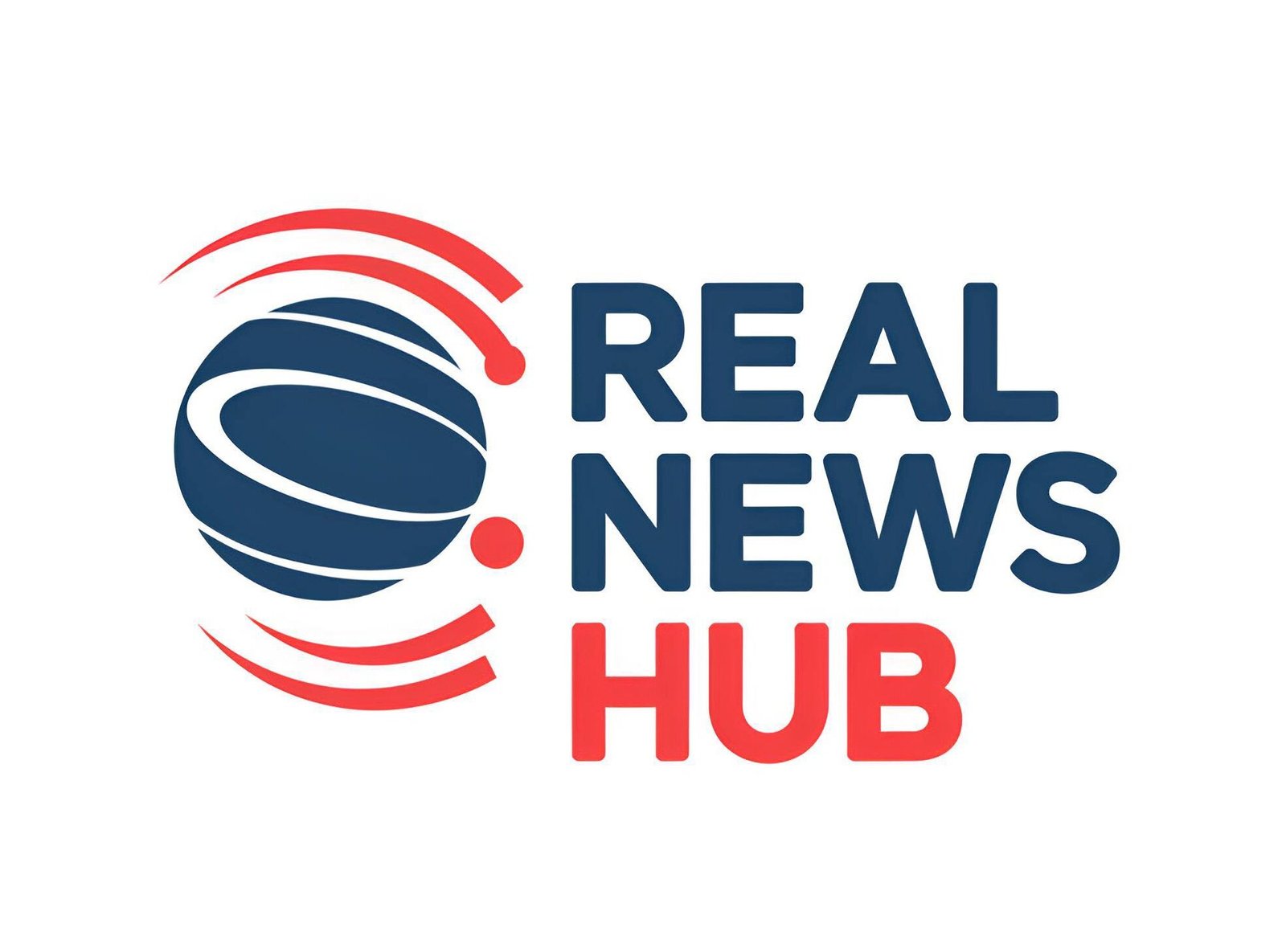Brazil’s Supreme Court announces it will try Bolsonaro for coup attempt
Brazil’s Supreme Court has announced it will try former President Jair Bolsonaro for his alleged involvement in a coup attempt. This decision marks a pivotal moment in Brazil’s political and judicial history.
Charges Against Bolsonaro
Bolsonaro, a far-right former army captain who served as Brazil’s president from 2019 to 2022, is accused of five crimes, including an alleged attempt to violently abolish the democratic rule of law. He has denounced the accusations against him as “grave and unfounded.”
Background and Context
On Wednesday, a five-judge panel decided unanimously to put Bolsonaro on trial. If found guilty, Bolsonaro could face a long prison sentence, further isolating him politically. Justice Alexandre de Moraes, overseeing the case, presented dramatic footage of Bolsonaro’s supporters storming government buildings in January 2023, just a week after President Luiz Inacio Lula da Silva’s inauguration.
Moraes added that Bolsonaro led “a systematic effort to cast doubt on the electronic voting machines” used in Brazil, part of his efforts to undermine the election he lost.
Reactions and Implications
Bolsonaro’s handling of the COVID-19 crisis while president has also drawn intensive legal scrutiny. Meanwhile, Bolsonaro has continued to insist that he will run for president again next year, despite a ruling by Brazil’s Superior Electoral Court barring him from running for public office until 2030.
Reporting from Buenos Aires, Al Jazeera’s Teresa Bo recalled the chaotic and violent scenes in January 2023, when Bolsonaro’s supporters stormed the capital Brasilia, refusing to accept the new president’s inauguration. “A week after Lula was sworn in, we saw thousands of supporters of President Bolsonaro storming buildings in Brazil .. there were scenes of chaos in the capital … around 1,500 people were detained,” she said.
Conclusion
The trial of Jair Bolsonaro is expected to be a landmark case in Brazil’s judicial history, with significant implications for the country’s democracy and political landscape.
Image: Adriano Machado/Reuters
